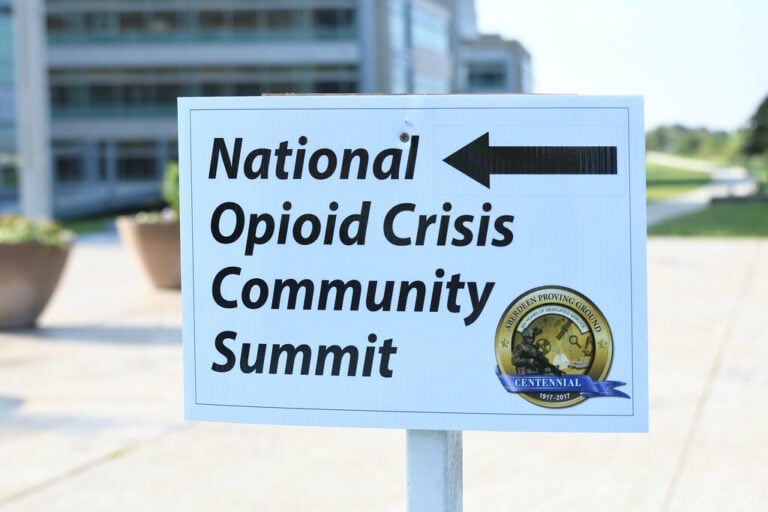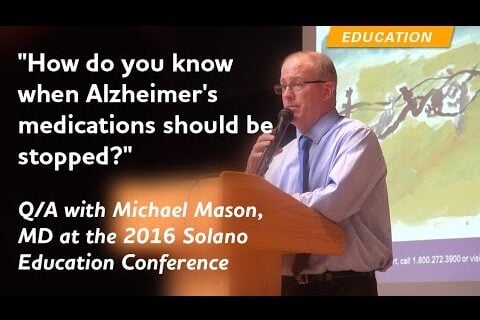
Caregivers Delight: 31-Day Pill Organizer, 4 Times a Day
PRODUCT OF THE WEEK: Caregivers love this pill box, as do patients and professionals. Simply fill it once a month. Roomy, simple, ingenious.

PRODUCT OF THE WEEK: Caregivers love this pill box, as do patients and professionals. Simply fill it once a month. Roomy, simple, ingenious.

Does pain relief risk cognitive cost? A major new study of almost 200,000 people says yes—and the price may be higher than we thought.

MEDICATION VIDEO:
How do you know when Alzheimer’s meds ought to be stopped? Explore the benefits of these medications, such as improved cognition, memory, behavior, lifespan, and the stages they are most effective.

New research suggests antidepressants accelerate cognitive decline in dementia. Learn which drugs appear to be less harmful than others. Help your doctor make better treatment decisions.

MEMORY & THINKING are activated by acetyl-choline. Alzheimer’s drugs boost acetyl-choline. Other medications, from allergy to insomnia drugs, may be anti-cholinergic, lowering acetyl-choline. This can spell trouble in dementia. Learn which drugs to avoid and what to look out for.

MEDICATION VIDEO + ARTICLE: From allergies to moods, most of us get relief from drugs known as “anticholinergics”. Some raise dementia risk, some don’t. Do we always need them? A study of 300,000 people offers answers to help you and your doctor better weigh the risks and benefits.

In a new Alzheimer’s study, Rexulti (brexpiprazole) significantly reduced agitation. Learn the kinds of agitation it reduced and by how much.

DIAGNOSIS+CARE: Misperceptions in dementia often get misdiagnosed as hallucinations. The result? Harsh, mistaken antipsychotic treatments. Dr. G. Allen Power has fought over-medication for a decade. See practical techniques for rising above this dangerous practice.

“People with dementia living in nursing homes and in the community were prescribed less and we did not detect negative health impacts for these groups.”

BEHAVIOR DRUGS & THE DICE MODEL: Doctors write millions of prescriptions each year to calm people with Alzheimer’s. Learn how non-drug dementia-caregiving works better, while carrying far fewer risks.

Researchers found in a study that people who developed dementia were more likely to have their credit rating drop at least two and a half years before the diagnosis. Some had problems managing their money up to six years before. Find out more.

Researchers find that a diet including more fruit, vegetables, beans and tea or coffee lowers the risk of developing dementia later in life. Learn more.

Did you know? Intellectual abilities are increased in the brain by an average 300% in most people ages 60-80.

Researchers found in a study that people who developed dementia were more likely to have their credit rating drop at least two and a half years before the diagnosis. Some had problems managing their money up to six years before. Find out more.

Researchers find that a diet including more fruit, vegetables, beans and tea or coffee lowers the risk of developing dementia later in life. Learn more.

Did you know? Intellectual abilities are increased in the brain by an average 300% in most people ages 60-80.

Too much sleep and too little sleep can contribute to cognitive decline, researchers report. Learn more.
No spam, only news and updates.